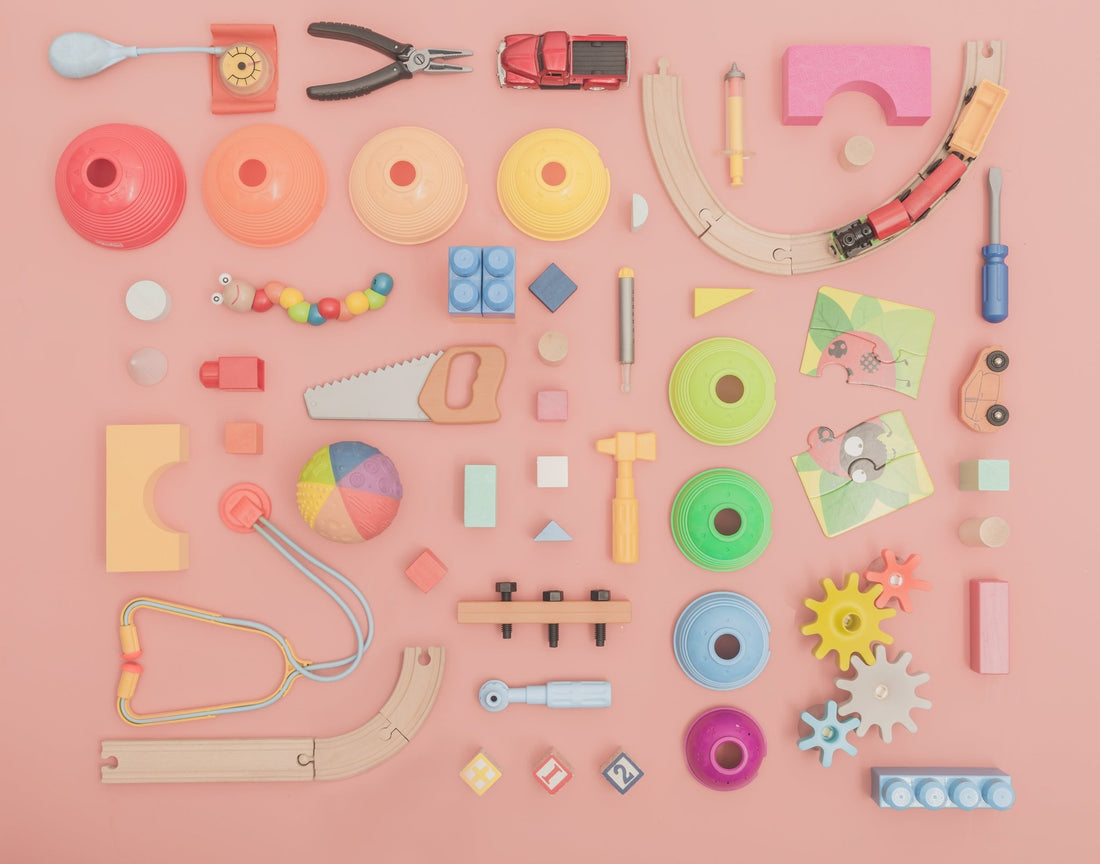
The Benefits of Montessori Education Pt.2
The Montessori Education is a holistic approach to teaching and learning that emphasizes on the child and his/her environment. As opposed to traditional teaching where the adult is in control of the classroom and all children follow the same curriculum, the Montessori Education the classroom is set up in a way where children of all ages pick what activity they want to learn today and allows them to take control of their environment. This approach allows them to build interest and love for learning while also creating sense of independence and confidence.

Montessori Education has many benefits that have been proven to create smarter, more creative, independent and more successful children. Let’s discuss the other three benefits that this holistic approach has.
- Montessori Education creates creativity, critical thinking and problem-solving skills. Montessori activities are designed to be simple (Wooden blocks, wooden toys, stacking cups and toys, art craft activities, etc) so children can freely explore and interact with these activities in their own way and style. With Montessori activities, children are encouraged to find their own solutions to challenges and imagine different ways to approach a problem and activity. This helps develop and improve important skills in babies and children such as critical thinking, problem-solving, and creativity, which are essential for success in both school and later in their adult life. The best part is that Montessori activities can be setup from home with very little and simple things (We will discuss about how to set up Montessori at home in a later post) and start your baby learning in a Montessori approach from a very early age.
- The second benefit Montessori Education has is hands-on experience and abilities. As discussed before, Montessori activities are simple and designed to have children explore with their hands and have all their senses engaged. As a result, babies and children begin to have experience using their hands and having hand-eye coordination at an early age while exploring the world in their own way. Hands-on experience also helps develop and build fine and gross motor skills and dexterity from a young age putting the children in an advantage for later in their lives compared to peers who do not get too much hands-on experience activities.

- Lastly, the third benefit that Montessori Education has is the building and enforcement of social skills. As compared to traditional education, Montessori education brings children of all ages into the classroom and work together or independently in different activities. In a Montessori classroom, older children serve as a role model for younger children and can help young children with activities when they seem to need some help. This interaction among children of all ages creates and strengthens social skills such as sharing, communicating and working together with other peers in any type of environment. This way also older children reinforce their own learning and continue to work on their social skills with other children.
In conclusion, Montessori Education is a unique and effective approach that emphasizes in the development of each unique child. Montessori activities focus on simplicity and hands-on experience for children of all ages to choose and interact freely with one another while enjoying the learning experience. As discussed earlier, there are many benefits that Montessori Education has on children; however, in this post we discussed three main benefits ( see previous post for the first three benefits). First, Montessori Education sparks and develops creativity and problem-solving skills in babies and children. Simple activities promote children to find different ways and solutions to a problem without the interference of an adult. Second, these activities involve babies and children to work with their hands and all their senses; thus, developing hands-on experience, fine motor skills and dexterity. Lastly, a Montessori classroom involves children of all ages working together or independently creating strong social skills such as sharing, communicating and working together in teams.
If you enjoyed reading our article and learning more about Montessori, make sure to subscribe to our newsletter to get more tips, and information about future articles. Fee free to read our following article "Montessori at Home pt1"
Don’t forget to follow us on TikTok, Instgram and facebook for more.

